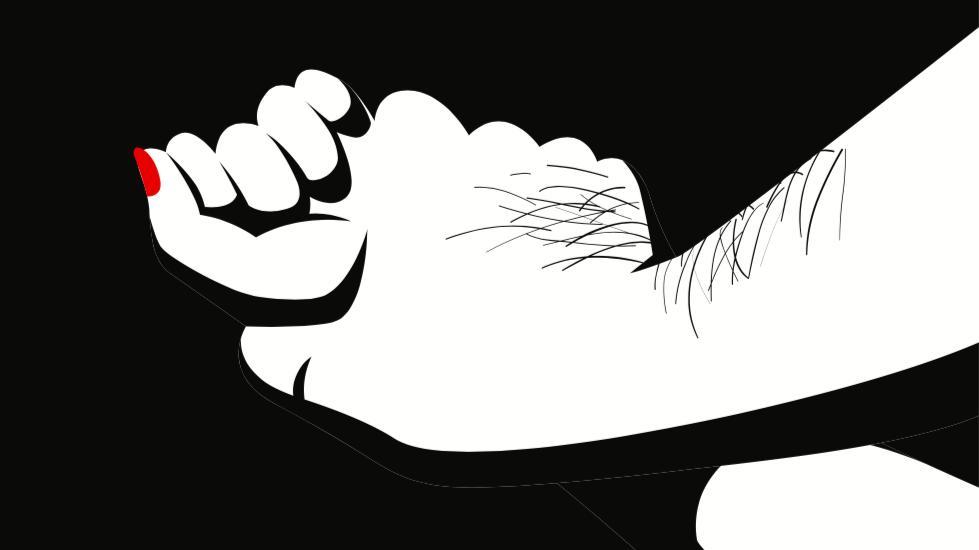Clinical sexologist Dr. Claudia Six says first and foremost it’s important for rape survivors to know there is nothing shameful about having rape fantasies. “Rape is an act of violence. It’s not a sexual act. This is something that happened to you—you’re not responsible for what that person did.”
“If you’re turned on by being taken,” Six adds, “there is a way you can create that without putting yourself in danger.”
Six and Castellanos say enacting rape fantasies in search of liberation is not uncommon among rape survivors, who try to master their trauma by turning it into something positive. And it can yield positive results: “If they play out a rape fantasy and don’t get hurt or scared, [and] they only get aroused, it creates a positive interpretation of the action,” Castellanos says. “The fear and uncertainty gets replaced with an erotic association. It’s a way of rewriting history and claiming it,” says Six.
But Six also emphasises that everyone should process their trauma, and attempt to overcome it, in their own way. Some people, like Britni, need to have talk therapy first; for others, just acting on their fantasy helps them feel a sense of control.
The role the rape survivor plays in the fantasy is important, too. Six says it probably wouldn’t be as empowering to play the role of the person doing the raping, for instance. “I don’t think somebody putting themselves in the position of being a violent, violating, boundary transgressing person is the best way of empowering themselves. Rewriting or reclaiming the event is more powerful than putting yourself in the skin of someone who’s violent and evil.”




